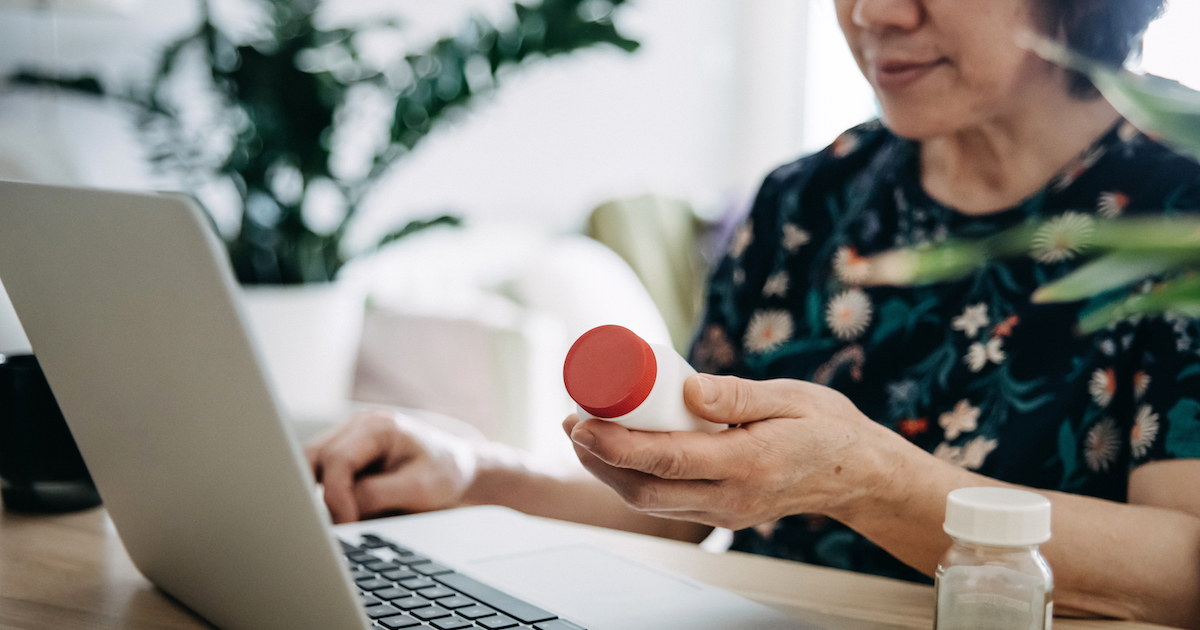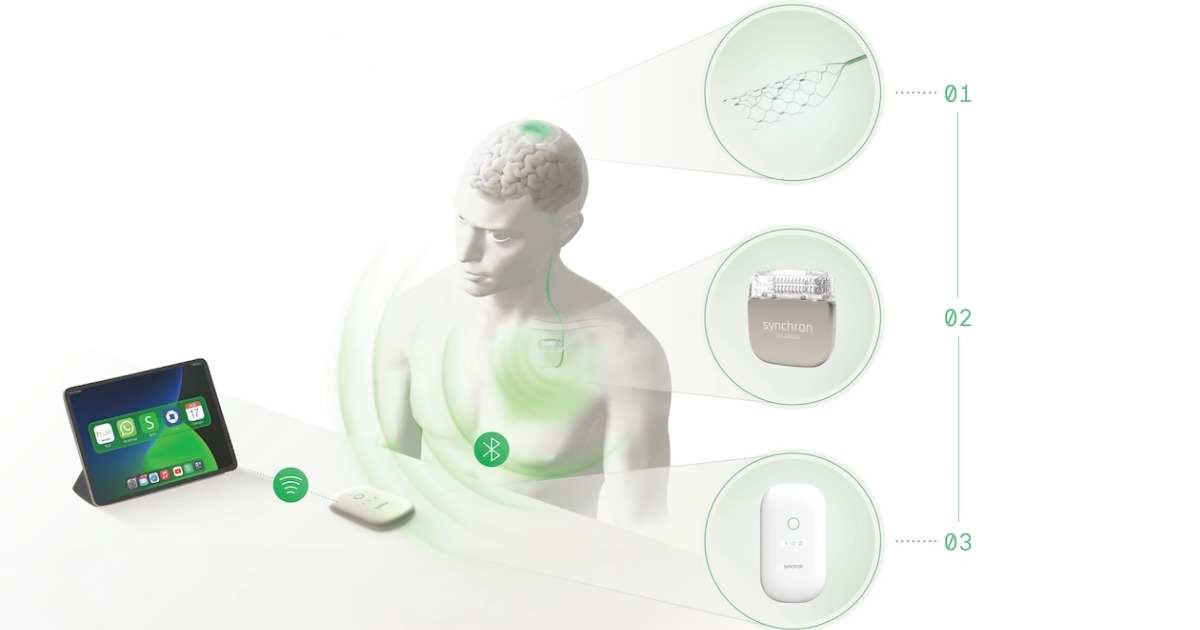Mony Weschler, MA, CPHIMS, FHIMSS, CIIP, EMTP, is chief applications strategist at Montefiore Medical Center in New York City. A veteran of more than 25 years in clinical IT informatics and management, his work focuses on improving patient care with use of advanced clinical informatics specializing in medical imaging and innovation. He was on the pioneering team that developed the first EHR at Columbia Presbyterian Medical Center.
Q. What's the one promise of mHealth that will drive the most adoption over the coming year?
A. The ability to reduce costs by early intervention of patients outside the wall of the traditional medical center. Keep patient readmissions down, especially within the 30 days. The outcomes will also greatly improve because of this effort.
Q. What mHealth technology will become ubiquitous in the next 5 years? Why?
A. The continuous monitoring of biometrics such as heart rate, weight, EKG, BP, activity …. The fitness industry has taken the lead and turned this into a $2 billion industry overnight while providing some basic motivational tools. These devices that are now in our phones, Apple Health Kit and Google Fit, will make it simple for everyone to interact with their health data, providers and payers. This is key as our health system transitions from an acute reactive fee for services system to a proactive, wellness-centric, fee-for-performance, affordable care system.
Q. What's the most cutting-edge application you're seeing now? What other innovations might we see in the near future?
A. Tyto offers the ability to perform a virtual, self-guided or physician-guided remote exam; that's the key to success in telehealth. Imagine a future where a children are treated for ear infections exclusively in a virtual examination combined with e-prescribing. This significantly reduces the strain on our health system, not to mention the parents not having to miss work.
Q. What mHealth tool or trend will likely die out or fail?
A. Simple and unstructured secure texting between patient and provider. One-off personal EHR apps that require the patient to input all data via uploads and photos. The patient can’t be responsible to reconcile the record. These apps only exist because the EMR vendors are not sharing data – it's 2014, and most IHEs have failed. But I have hope, and when it comes together we won’t be forced to manage our healthcare records in a photo app.
Q. What mHealth tool or trend has surprised you the most, either with its success or its failure?
A. Patient engagement - who knew that homeless patients would appreciate messages coming from their healthcare provider? But they do, and very much so.
Q. What's your biggest fear about mHealth? Why?
A. Compared to EHRs, MU, infrastructure and big data, mHealth is still perceived by some as a toy. This lack of vision is delaying many mHealth initiatives. The solutions are not handled like other IT initiatives and frequently circumvent the process, which increase the percentage of failures. Even the successes have difficulty in finding owners when transitioning to operations because the way they were managed was outside the established process.
Q. Who's going to push mHealth "to the next level" – consumers, providers or some other party?
A. All of the above. People love their technology; that's why the lines form days in advance to purchase that new iPhone and how Google was able to get people to pay $1,500 for the privilege of helping them test Google Glass. I find our physicians in those Apple lines, and our surgeons came to me for Google Glass when me, the techy, did not think it was ready for prime time. To get patients, family, providers, care managers and payers all on board, what better tool than mHealth? It will happen because to communicate we need to all speak the same language, and that language is technology.
Q. What are you working on now?
A. An innovation process that streamlines and reduces the time from inception to implementation. We're also working with startups and building internal accelerators, and working with Google Glass, Tyto, Sensehealth, Cureatr, Zephyr and Alvio, just to list a few.


